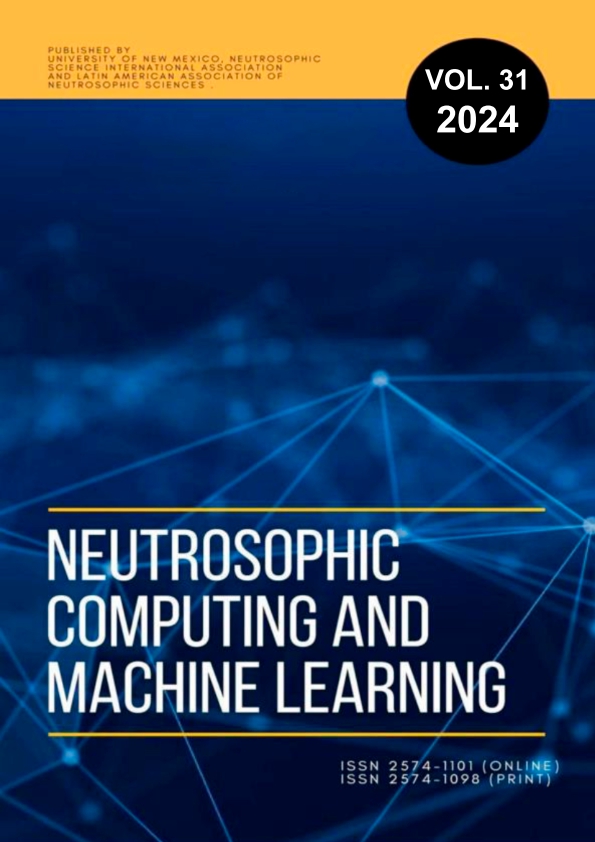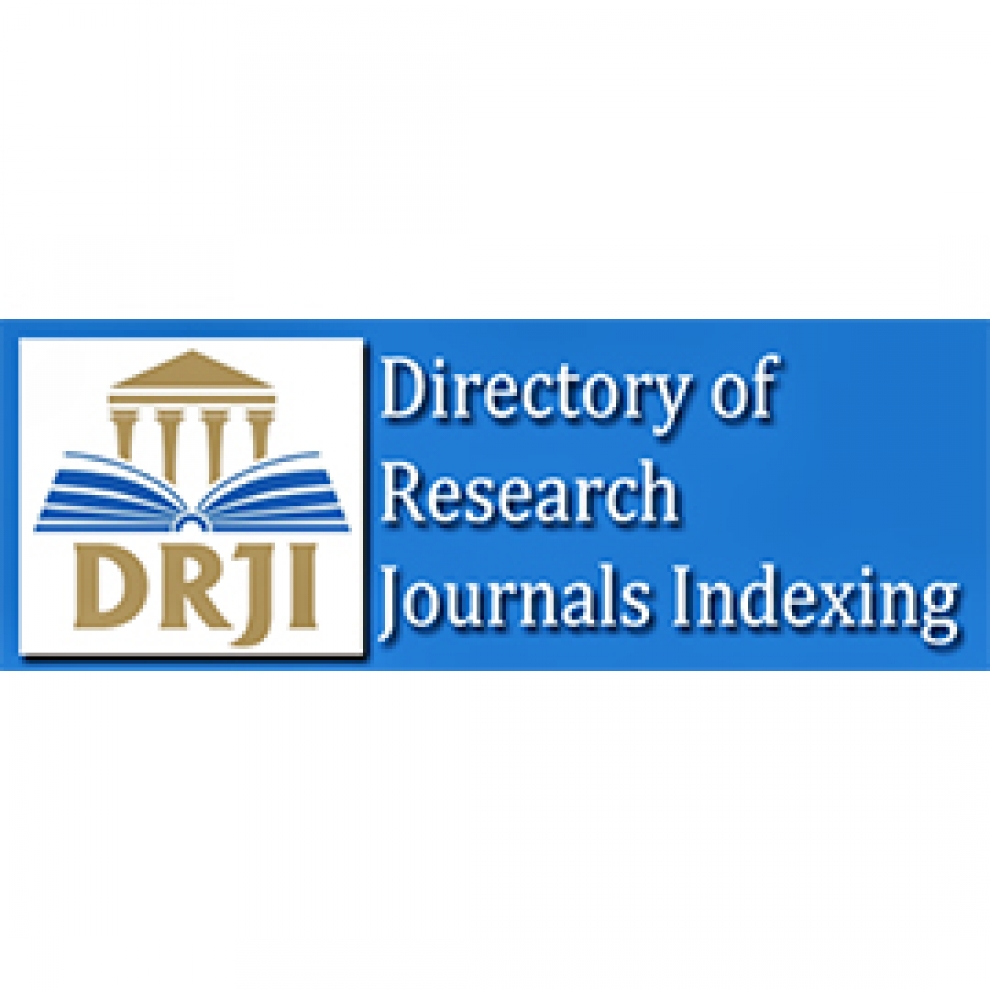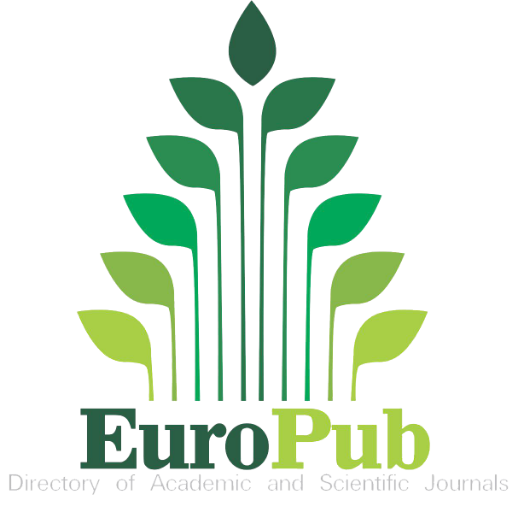Method for the control of risk factors for bruxism affecting teeth in adolescents caused by stress
Keywords:
method, neutrosophic logic, nocturnal bruxism, psychological bruxismAbstract
Bruxism is a disorder that consists of involuntary grinding or clenching of the teeth. This disorder can occur when you are awake (daytime bruxism) or while you are sleeping (nocturnal bruxism). People who suffer from nocturnal bruxism are more likely to have other sleep disorders, such as snoring or stopping breathing. In case bruxism is recurrent and profound enough to cause jaw disorders, headaches, dental problems and other problems, treatment should be applied. Bruxism is also a psychological disorder. Unfortunately, many professionals in this area are not correctly informed about this disorder and as a consequence do not know how to properly treat their patients. The present research proposes the development of a method to control the risk factors for bruxism that affect the teeth of adolescents caused by stress.





















